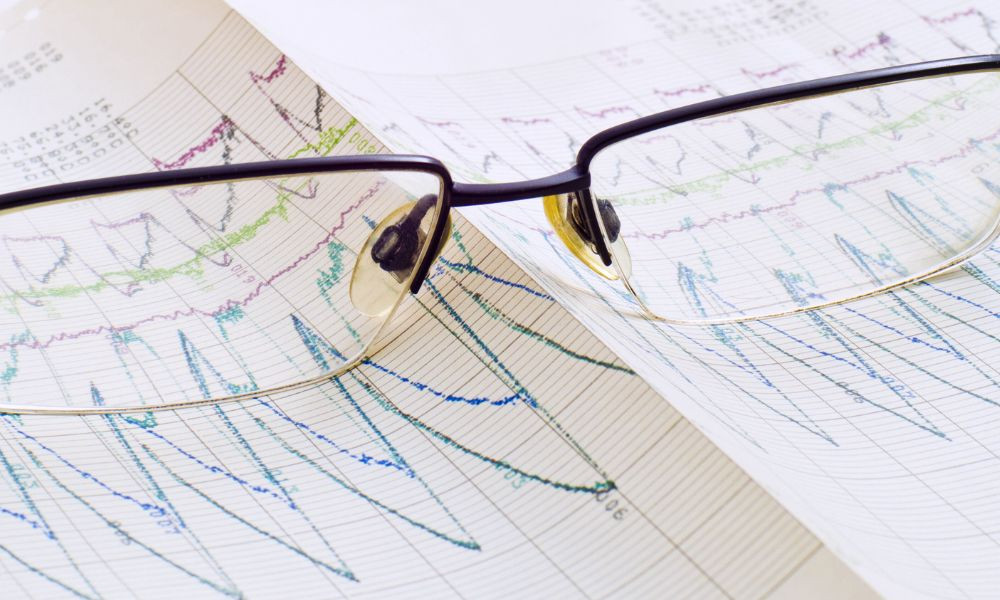6th Oct 2023
The Role of Chart Recorders in Regulatory Compliance
Regulatory compliance is a cornerstone in various industrial sectors. It sets the standard for operational safety, accuracy, and reliability. One instrument that plays a pivotal role in helping businesses meet these stringent standards is the chart recorder. Read on to learn more about the role of chart recorders in regulatory compliance.
The Importance of Regulatory Compliance
Regulatory compliance holds significant importance in all industrial sectors. It involves adhering to laws, regulations, guidelines, and specifications relevant to a corporation’s business operations. By adhering to these standards, companies uphold ethical and security standards, ensuring operational efficiency and reducing risks. Failure to comply with these norms can lead to severe consequences, such as substantial financial penalties, legal action, and reputational damage. Moreover, it may expose businesses to operational inefficiencies and potential safety hazards.
Chart Recorders and Regulatory Compliance
Chart recorders are instruments used to record data over time. They function by monitoring and logging variables such as temperature, pressure, humidity, or pH levels, visually representing the changes that occur over a defined period. People usually record this information on a circular or strip chart, which moves at a predetermined speed. The data gathered by these devices is accurate and easy to interpret, making it valuable for review and analysis.
Chart recorders play a critical role in regulatory compliance. They provide a reliable source of data that demonstrates adherence to industry regulations and standards. For example, in manufacturing, they can confirm that machinery has operated under safe pressure levels.
Industries and Chart Recorders
Industries with particularly stringent regulations often rely on tools like chart recorders to maintain compliance. These industries include health care, financial services, manufacturing, and energy. Regulatory compliance is critical for patient safety and confidentiality in the health-care sector. Financial services use compliance to prevent fraud and protect customer data. Manufacturing companies, particularly those in food and pharmaceuticals, require strict compliance to ensure product quality and safety. Similarly, the energy sector uses regulatory compliance to manage environmental impacts and worker safety.
Understanding the role of chart recorders in regulatory compliance ensures you purchase the ideal equipment for your operational needs. For additional information and recorder supplies, please contact our Recorders Charts & Pens team today. We’re eager to help you find the ideal products for your application, from pens and circular paper to state-of-the-art recording devices.

